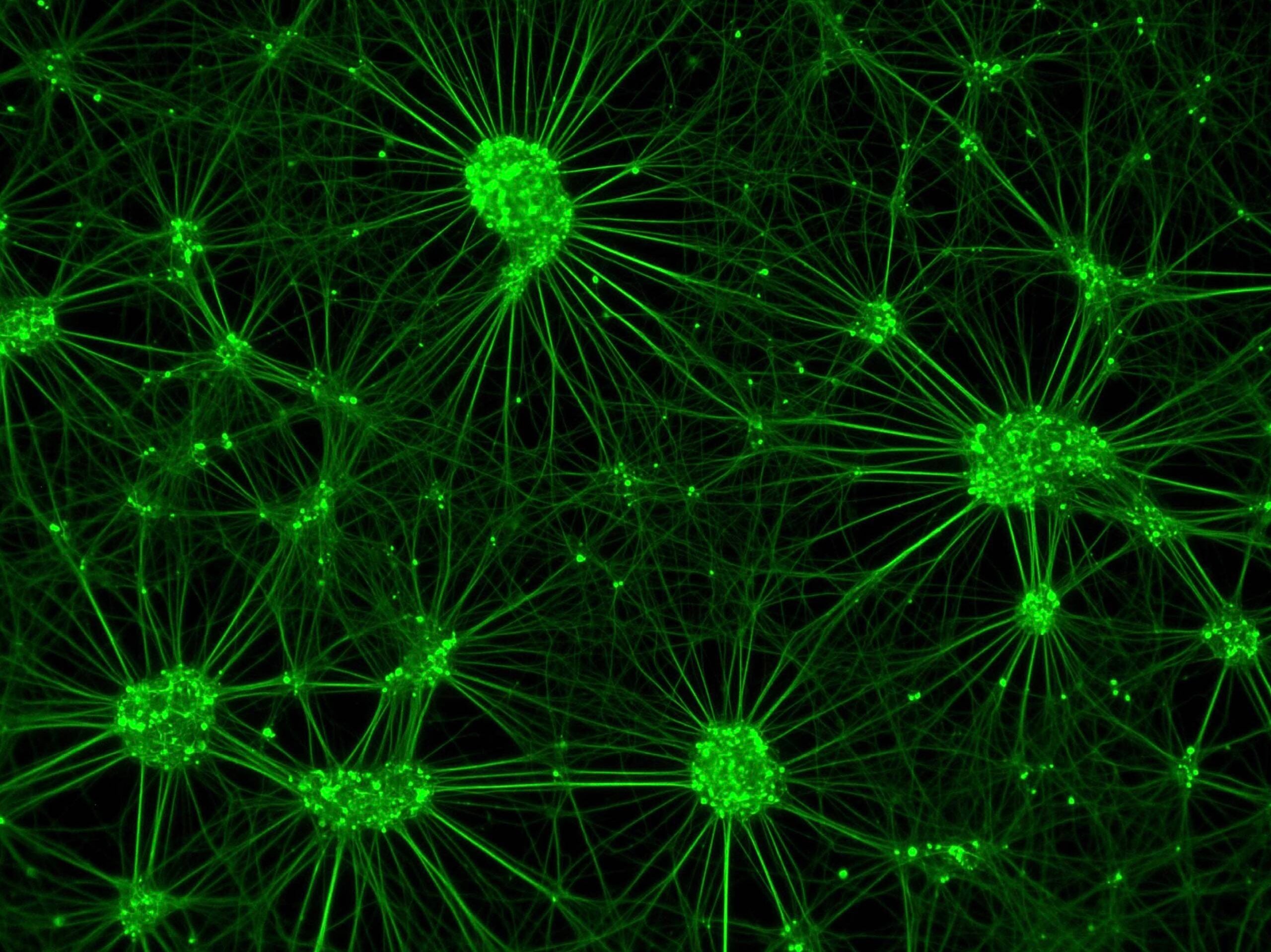Assistant Professor Jaime Ross is cited in *The Washington Post* in an article about new findings on microplastics in the brain.
Continue reading "Ross lab in the news"Category: Uncategorized
Meet Jessica Alber
Fallini lab wins award in URI photo contest
Postdoctoral researcher Riccardo Sirtori won an honorable mention in the URI Research & Scholarship Photo Contest for his immunofluorescence staining of a motor neuron culture, captured in the Fallini Lab.
Continue reading "Fallini lab wins award in URI photo contest"2024 URI Neuroscience Symposium
Presented by the Interdisciplinary Neuroscience Program and the Ryan Institute:
Continue reading "2024 URI Neuroscience Symposium"Manuel People
Principal Investigator Lab Manager Postdoctoral Fellow Graduate Students Undergraduate Students Past Trainees
Continue reading "Manuel People"Manuel News
October 2024 Emily Reedich presented results from her work with the Manuel lab at the Society for Neuroscience annual meeting in Chicago: “This year, the SfN Annual Meeting drew more than 20,000 attendees,” said Reedich, who also presented a poster with the Ryan Institute’s Quinlan lab. “The breadth of neuroscience research presented at […]
Continue reading "Manuel News"Manuel Publications
Publications *Ryan Institute affiliation Nascimento, Filipe, M. Görkem Özyurt, Kareen Halablab, Gardave Singh Bhumbra, Guillaume Caron, Marcin Bączyk, Daniel Zytnicki, et al. Spinal Microcircuits Go through Multiphasic Homeostatic Compensations in a Mouse Model of Motoneuron Degeneration. Cell Reports 43, no. 12, 2024. Reedich EJ,* Genry LT,* Steele PR,* Mena Avila E,* Dowaliby L,* Drobyshevsky A, […]
Continue reading "Manuel Publications"Manuel Overview
The Manuel Lab focuses on unraveling the intricacies of the motor system and understanding how normal motor function is impacted in pathological conditions. Employing a range of cutting-edge techniques, including in vivo electrophysiology, in vitro electrophysiology, viral approaches, and advanced imaging methods, our research aims to shed light on the underlying mechanisms governing motor […]
Continue reading "Manuel Overview"$8.5 million in NIH grants support Ryan Institute research to help treat cerebral palsy
Assistant Professor Katharina Quinlan is principal investigator on two new grants that could repurpose existing therapeutics to treat the disorder.
Continue reading "$8.5 million in NIH grants support Ryan Institute research to help treat cerebral palsy"Q&A: Jessica Alber, Ph.D.
Her inspiration, the biggest challenges in her work, and what makes her feel hopeful. Assistant Professor Jessica Alber investigates the potential to use retinal imaging as a screening tool for early-stage Alzheimer’s disease. Performed during a routine eye exam, the screening technique could help provide a low-cost, minimally invasive way to detect Alzheimer’s disease before […]
Continue reading "Q&A: Jessica Alber, Ph.D."


